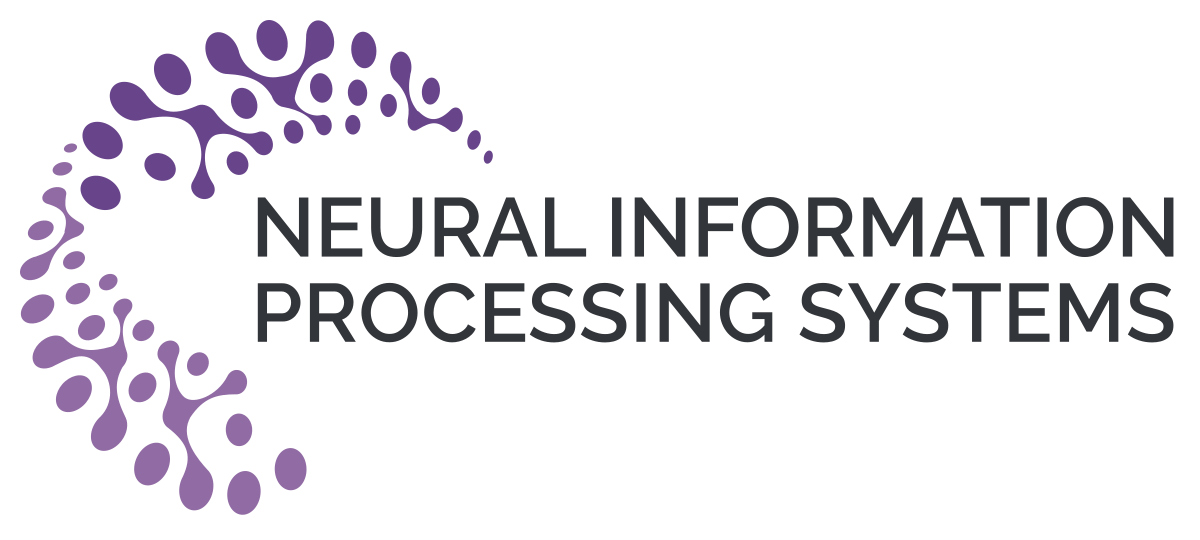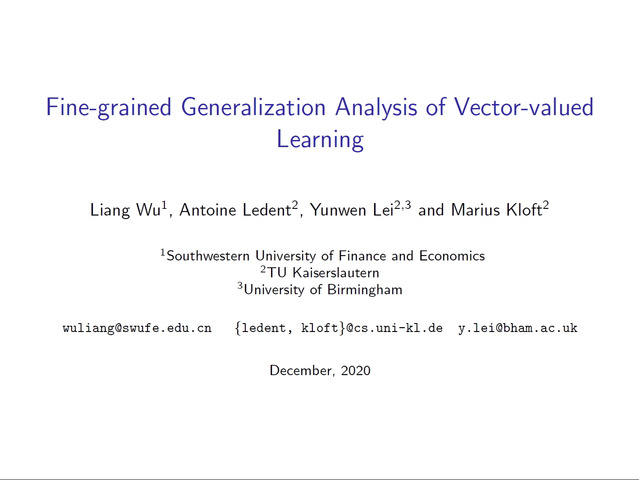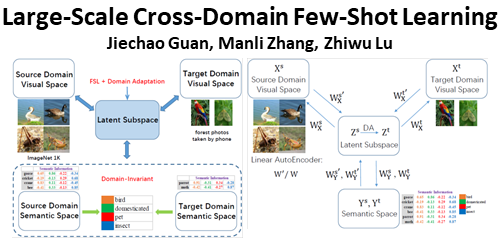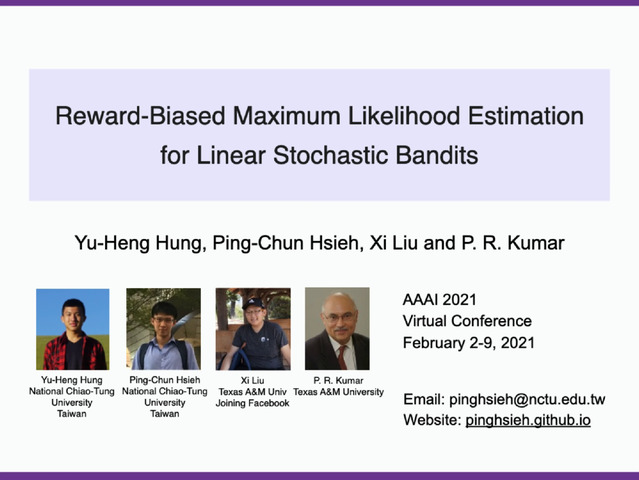Abstract:
By searching for shared inductive biases across tasks, meta-learning promises to accelerate learning on novel tasks, but with the cost of solving a complex bilevel optimization problem. We introduce and rigorously define the trade-off between accurate modeling and optimization ease in meta-learning.
At one end, classic meta-learning algorithms account for the structure of meta-learning but solve a complex optimization problem, while at the other end domain randomized search (otherwise known as joint training) ignores the structure of meta-learning and solves a single level optimization problem.
Taking MAML as the representative meta-learning algorithm, we theoretically characterize the trade-off for general non-convex risk functions as well as linear regression, for which we are able to provide explicit bounds on the errors associated with modeling and optimization. We also empirically study this trade-off for meta-reinforcement learning benchmarks.









































